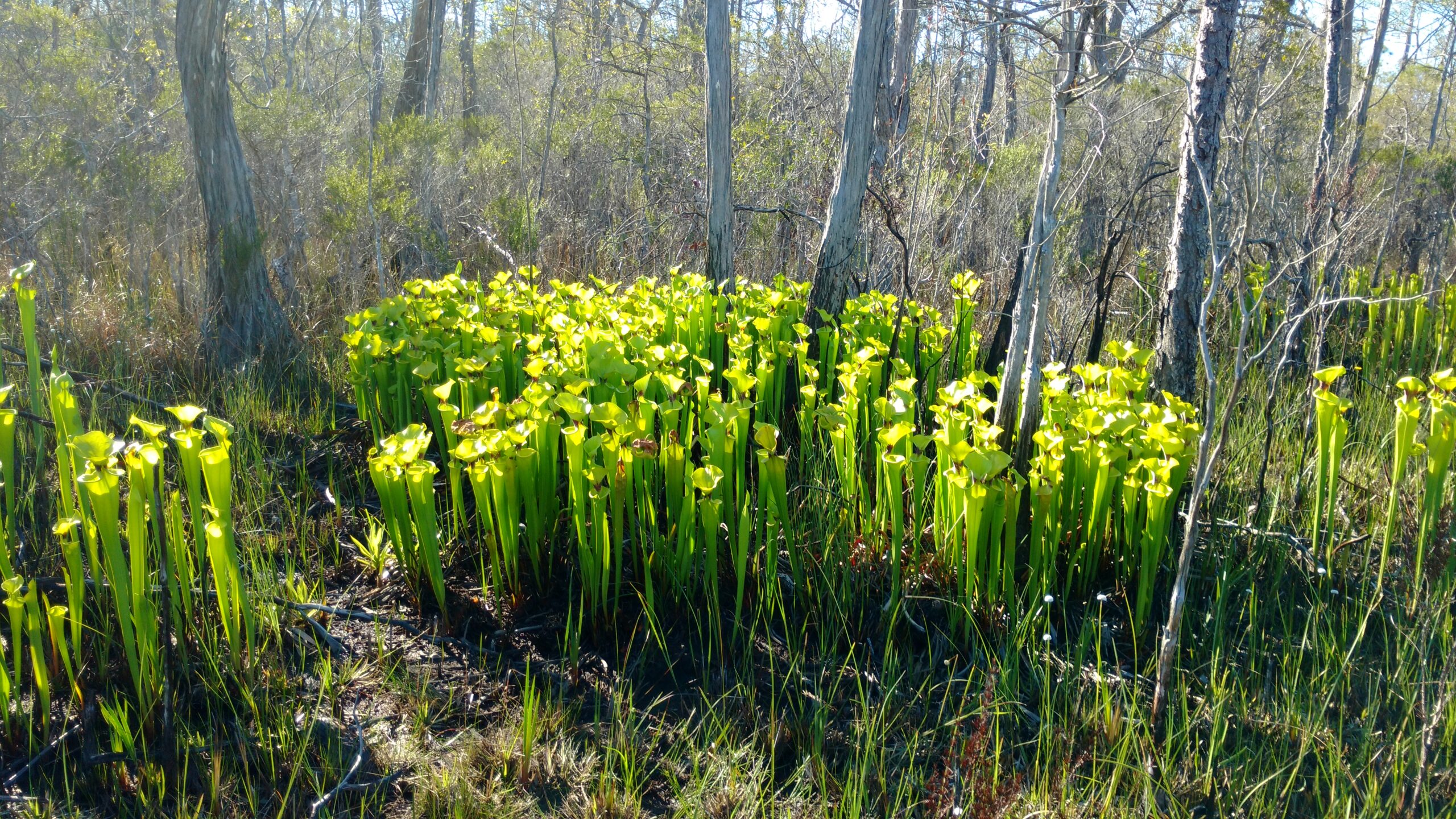
Helping future conservation leaders find their direction.
Conservation Academy is an intensive certification program through which students complete four modules focused on field research, science communication, professional development, and professional networking
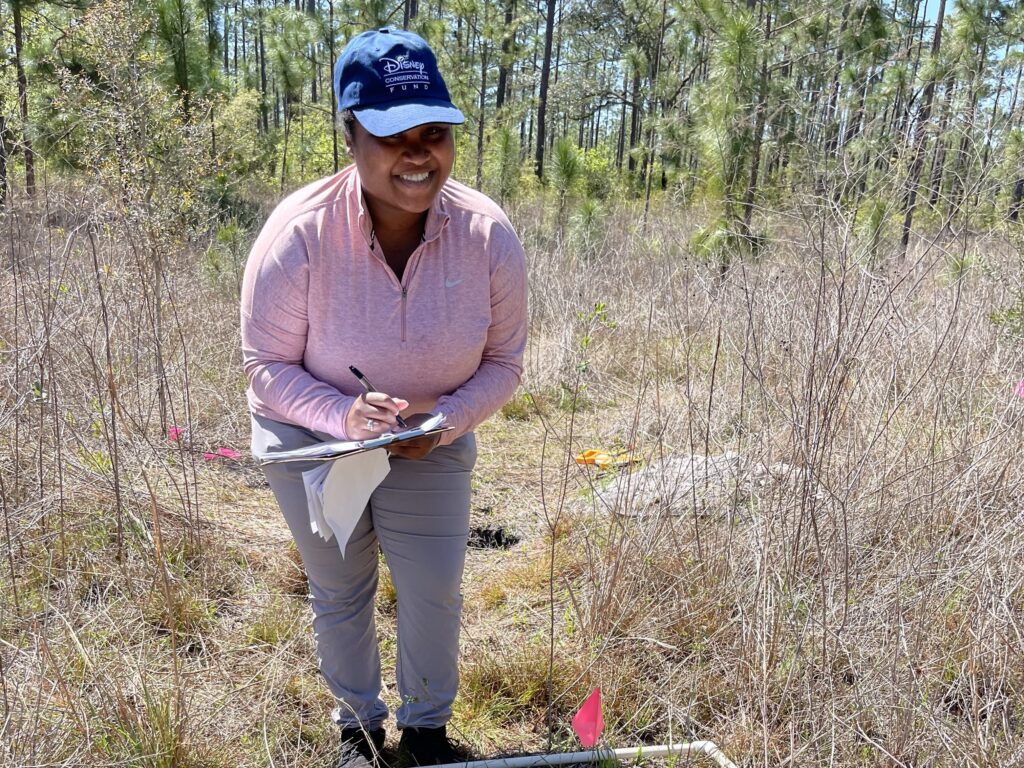
Field Research
Participating in research focused on a wide range of species and using various instrument provides participants with experience in a wide range of research methodologies.
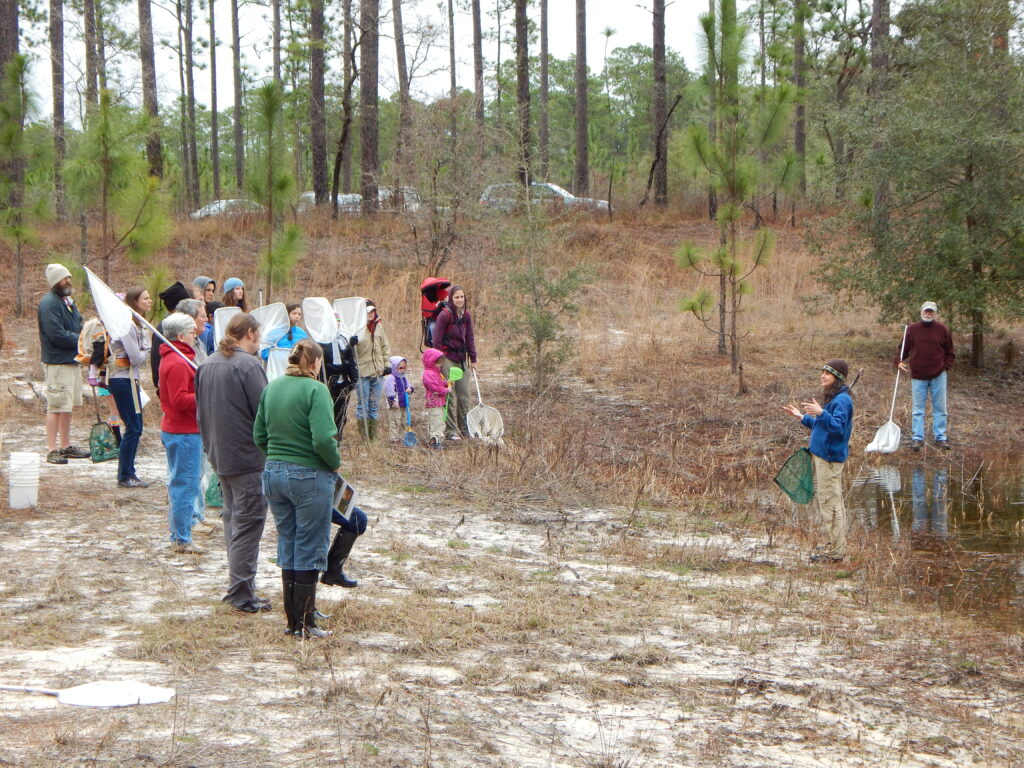
Science Communication
Learning to communicate through presentations, field trips, written articles, and other communication methods provides experience in both informal and formal settings.
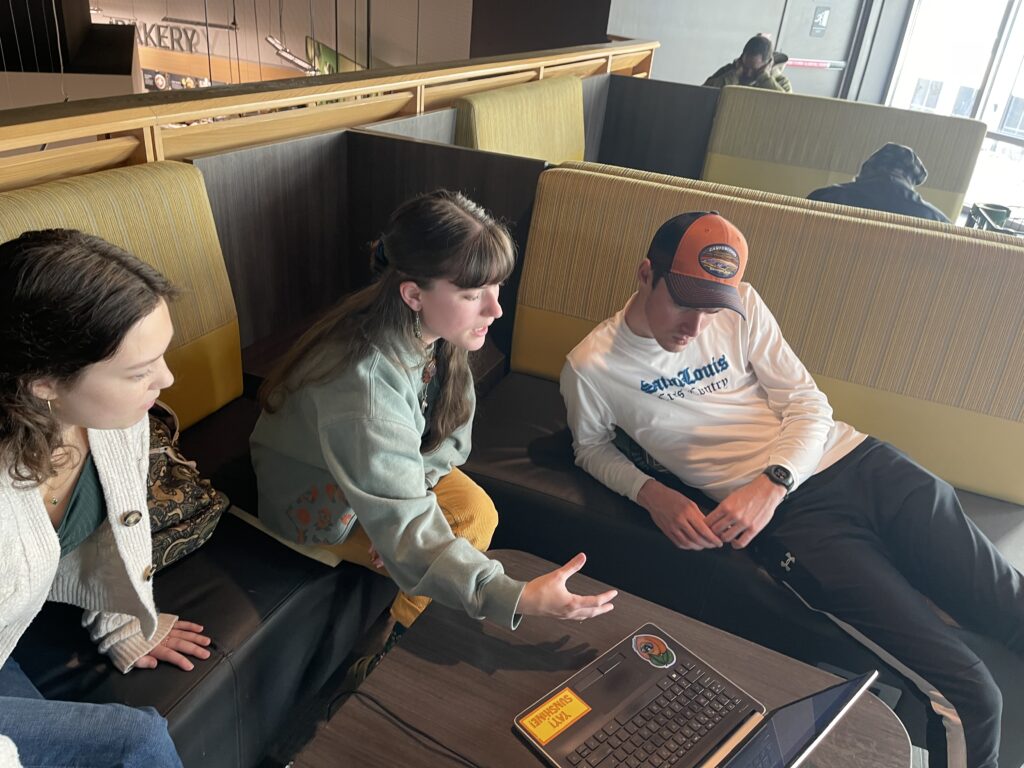
Professional Development
Building resumes and job applications, testing interview skills, and learning to meet expectations are a few ways students develop needed experiences for their future.
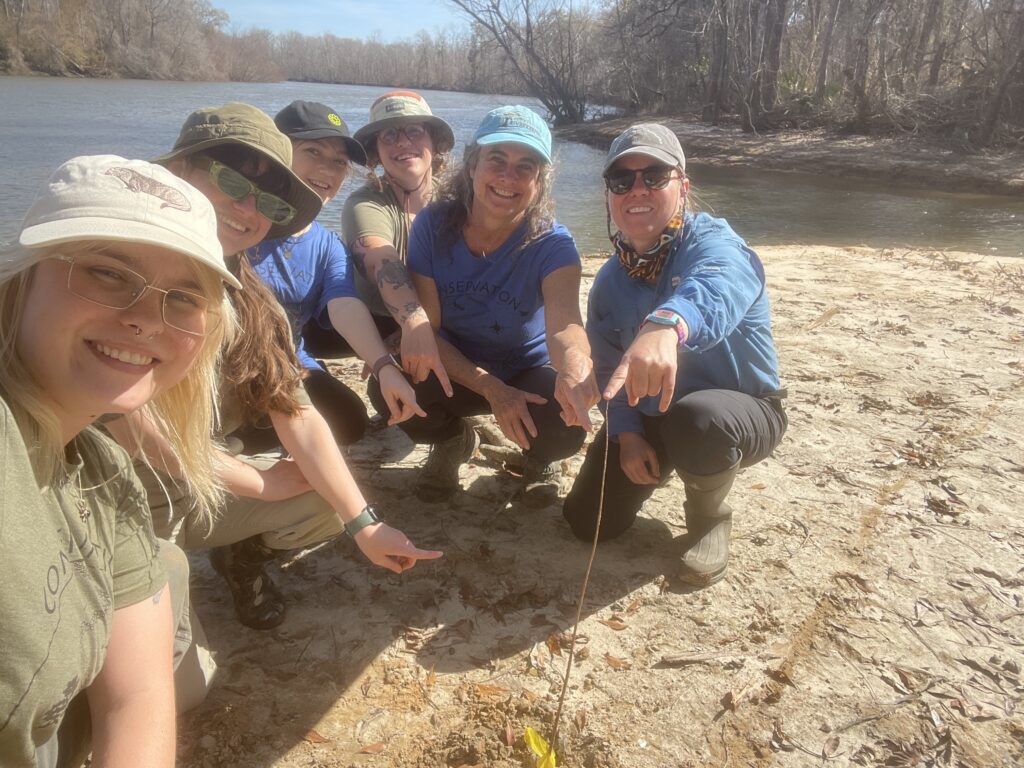
Professional Networking
Providing intentional interactions with natural resource professionals in both formal and informal settings expose participants to different careers, agencies, and management styles.
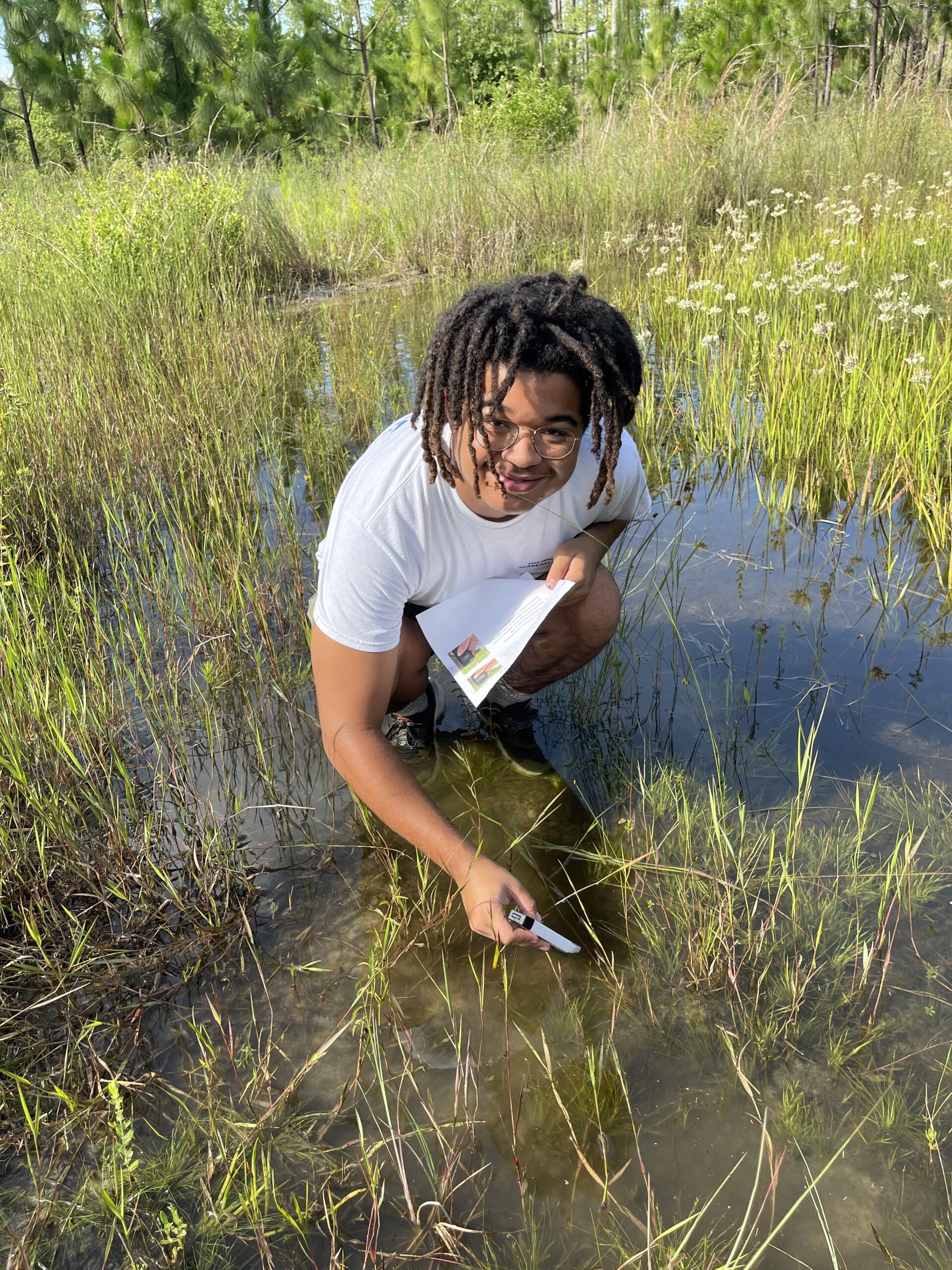
Field Research
We provide opportunities for students to participate in established research projects and design a new project tailored to their interests and skills.
Birdsong Nature Center
Our relationship with this 565-acre preserve offers a unique opportunity to explore research questions related to wetland quality, phenology, pollinators, fire ecology, and gopher tortoise management.
Other Partners
Our partnerships with Amphibian and Reptile Conservancy, Apalachicola Riverkeeper, The Nature Conservancy, St. Marks National Wildlife Refuge, the Jones Center at Ichauway, Tall Timbers Research Station (and more!) provide our interns with opportunities to be involved with a wide range of research projects.
Developing Skills
Research involves a wide range of species, instruments, and methods. Our interns develop proficiency in a diversity of research methods.
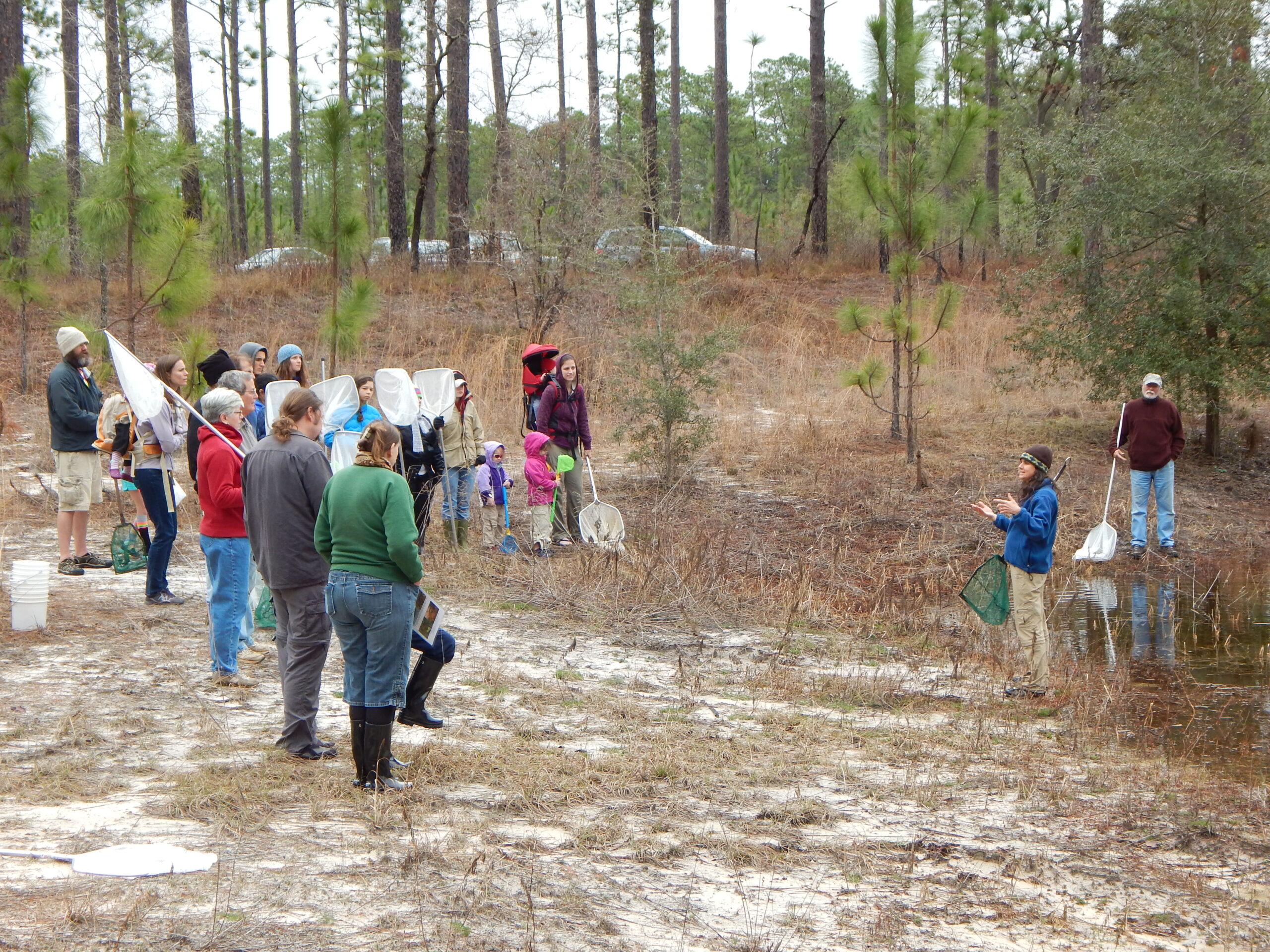
Science Communication
Developing skills like individual and group communication, working in teams, and creative thinking are often under-represented in curricula but are a much needed component for conservation professionals.
The Written Word
Participants gain experience with both formal and informal writing, some examples include: newspaper articles, social media posts, blogs on our website, peer-reviewed journal articles
Presenting
Participants will gain experience in both formal (regional meeting) and informal (general public) presentations to share scientific and natural history knowledge.
Field Trips
We provide field trips to student groups and the general public. These events give participants an opportunity to share scientific and natural history information to a broad range of audiences from young kids to science professionals.
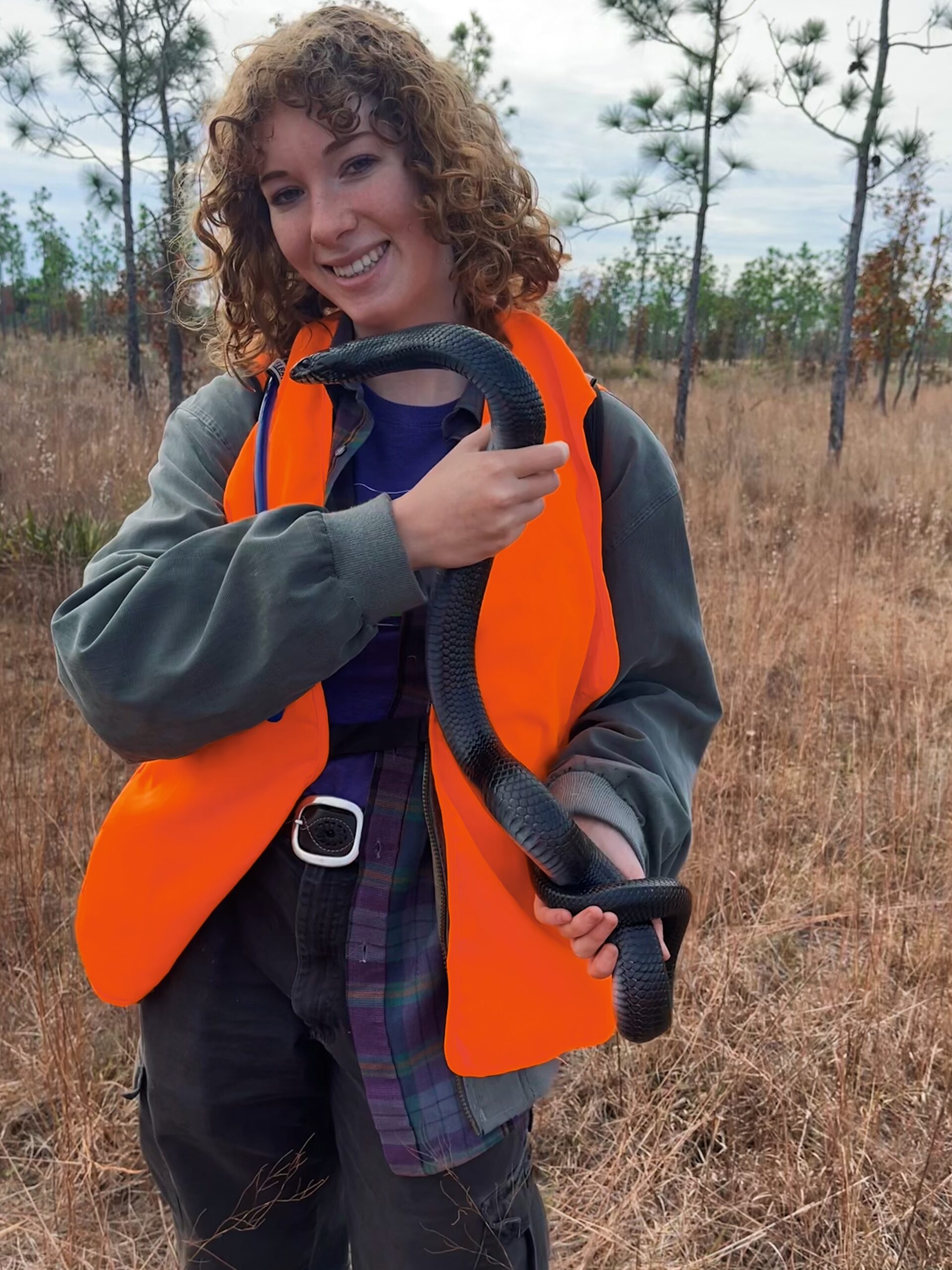
Professional Development
Unique experiences to help students follow their individual path to a career in conservation.
Intern Swap Days
Partnering with non-profit organizations, private companies, and government agencies, swap days expose our interns to different expectations and managerial styles.
Interview and Resume Building
Our interns develop USA Job profiles, cover letter examples, interview experience, and so much more.
Identifying Weaknesses and Honing Strengths
We form partnerships with our interns, we are a team. Two-way exchange of feedback helps to foster continuous improvement and deeper understanding.
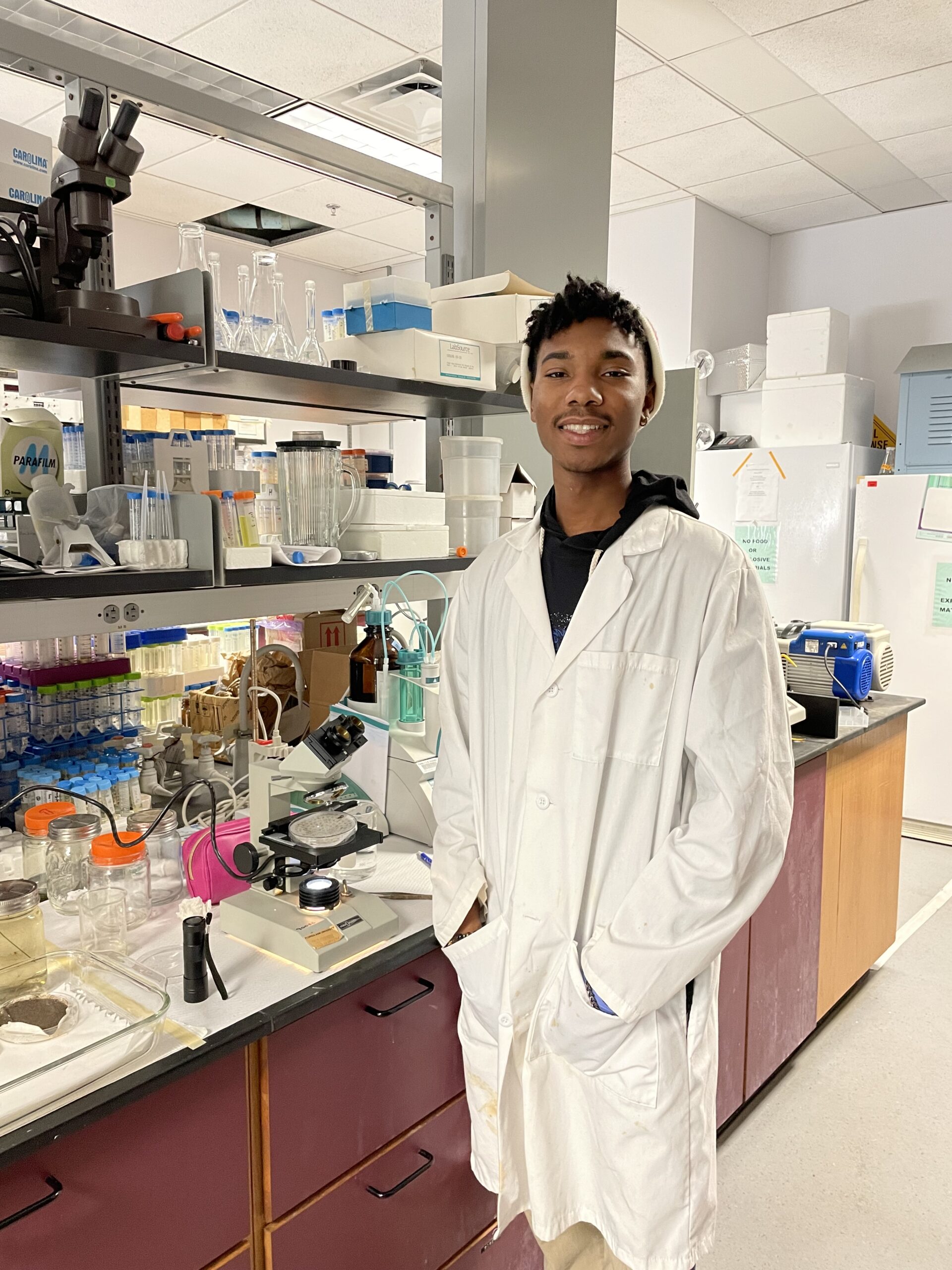
Professional Networking
Unique experiences to help students follow their individual path to a career in conservation.
Intern Swap Days
Partnering with non-profit organizations, private companies, and government agencies, swap days allow our interns to have one-on-one experiences with many different science professionals.
Building Connections
With exposure to professionals and interns from governmental agencies, non-profit organizations, and private companies, our students build a network of future colleagues.
Partner Trips
We schedule trips to visit partners, tailored to individual interests, to provide exposure to various aspects of conservation careers.
Empowering Futures, Forging Pathways – Join Us in Building Future Conservation Leaders
Together, we can cultivate growth and inspire future leaders.
- Nurturing Interests
- Learning Science Techniques
- Exploring Careers
- Developing Leadership Skills
- Transformative Journeys

